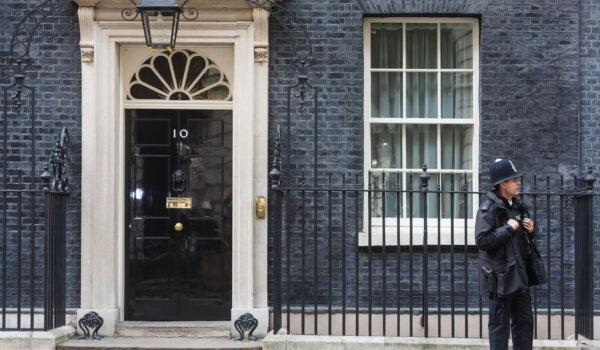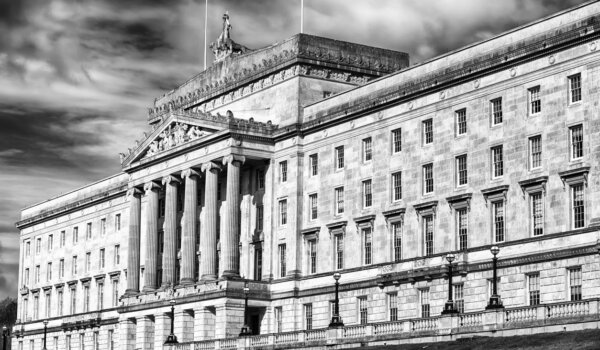After two years, eleven months and fifteen days, it looks like one of Britain’s most contentious Prime Ministers will finally leave office.
But whether that happens this week or whether he’ll want to linger on – driven by ego – to ensure he beats Theresa May and Neville Chamberlain’s short stints as PM is anyone’s guess. Those 1081 days of BoJo have been remarkable for all the wrong reasons. Setting aside all the usual gaffes that Boris is prone to, his charge sheet is extraordinary. Boris Johnson’s charge sheet includes ‘the big lie’ about Brexit – the infamous £350m going to the NHS instead of the EU plastered on the side of a bus during the Brexit referendum.
Unlawfully proroguing parliament to try and get Brexit legislation through sent shockwaves throughout the UK. His landslide election victory under the ‘Get Brexit Done’ slogan didn’t mention potentially breaking internationally binding treaties. And who can forget the carnage of Covid-19? The Boris Johnson charge sheet continues from there: Party-Gate, getting fined by the police, Flat-Gate, and Dominic Cumming’s cross-country treks while everyone else was told to stay at home.
It doesn’t end there; recently, there were threats to take unilateral action on the NI Protocol and break an international treaty. The final straw of his Premiership arrived this week when he became embroiled in the Chris Pincher scandal.
Boris Johnson’s impact on Brand UK
Reflecting on all those examples, it’d be hard to keep a straight face and say that the Premiership of Boris Johnson hasn’t negatively impacted Brand UK. Just last month, I reviewed some marketing collateral from the UK Department for International Trade aimed at international investors to present the ongoing case for investment in the UK. The piece was compelling; lots of proof points on technology, skills and the UK’s competitive business environment.
The piece also included several call-out quotes and pictures of Prime Minister Boris Johnson endorsing the UK as an attractive FDI location. For years I’ve advocated the deployment of senior politicians in investment attraction at critical points in the process. After all, thriving economies and stable political landscapes usually go hand-in-hand. Political endorsements also demonstrate a political commitment to the openness of the economy to foreign investment.
Damaging Brand UK
In my opinion, Boris has undermined the confidence and credibility of the UK during his thirty-five months at the helm. The UK – historically seen as a safe haven for foreign investors – has significantly suffered due to PM Johnson’s threats to bypass or tear up international treaties. As a result of Boris Johnson’s government and his policies, they have choked off immigrant European labour supply in a recovering economy on which foreign investors depend, as do indigenous hospitality, manufacturing and agriculture companies.
Boris has undermined the confidence of major existing investors – who were asked to back mega capital projects in energy and infrastructure – by flip-flopping on policy and consistency in search of short-term headlines.
The much-discussed US free trade deal that Boris claimed was in the pipeline hasn’t materialised. He even managed to upset President Biden with his stance on the Northern Ireland Protocol.
Uncertainty created by Boris and his government has led to question marks about UK participation in EU Horizon projects and forced some of our best R&D talents to relocate to Europe. From an FDI perspective, consistency, transparency, and stability are paramount to success. By words, deeds and actions, Boris has created an environment that is the opposite. I’m hoping whoever replaces him as Prime Minister can recover some of the moral, technological and competitive reputation for which the UK is widely recognised and celebrated.
So, my advice today to Boris is:
Stay Home.
Protect UK Business.
Save Brand UK.



